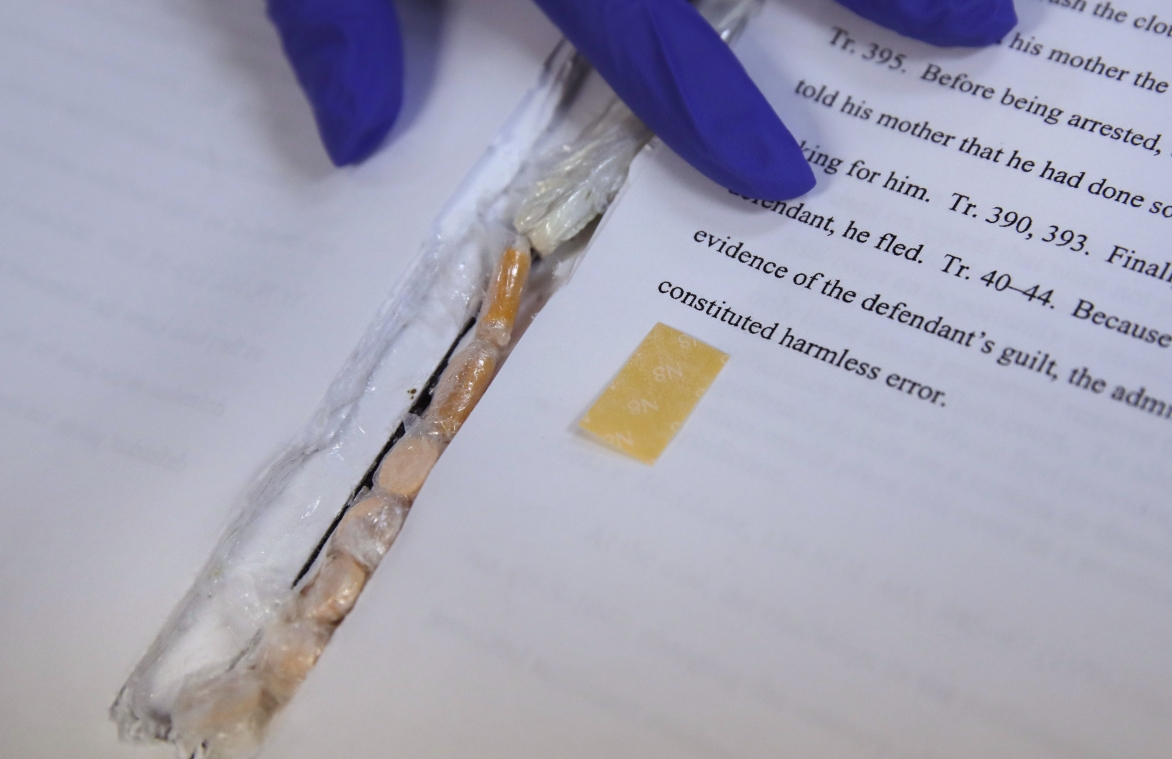A Missouri county jail’s policy of limiting all incoming inmate mail to postcards does not violate the First Amendment, a three-judge panel of the 8th U.S. Circuit Court of Appeals has ruled. The appeals court reasoned that the postcard-only policy furthered the jail’s legitimate interests in security and order.
The Cape Girardeau Jail’s policy read: “All non-privileged correspondence entering the Jail Facility must be postcards.” The jail instituted the policy to reduce the risk of contraband entering the jail and to preserve the time of staff.
Cheryl Simpson challenged the policy in federal court, contending that it violated her First Amendment right to communicate properly with her son, then a jail inmate. A federal district court determined that the postcard-only policy was constitutional.
(See entry on Prisoner Rights and cases on Prisoners Rights in the First Amendment Encyclopedia.)
On appeal, the three-judge panel of the 8th Circuit unanimously affirmed last week in Simpson v. City of Cape Girardeau. The appeals court evaluated the constitutionality of the policy under the U.S. Supreme Court’s prisoner rights ruling Turner v. Safley (1987). Under Turner, a prison policy is constitutional if it is reasonably related to a prison’s legitimate penological interests. The test consists of four parts: (1) whether there is a rational connection between the regulation and the prison’s concerns; (2) whether there are alternative means available to prison inmates to communicate; (3) whether an accommodation of the prisoner’s rights would unduly burden the jail or its staff; and (4) whether there is an alternative approach available to jail officials that would impose a much lesser burden on First Amendment freedoms.
Applying this standard, the 8th Circuit reasoned that the policy was constitutional. Regarding the first factor, the 8th Circuit wrote that there is a valid connection between the postcard-only policy and jail security, as people can send contraband through enveloped mailings. The appeals court also accepted the jail’s argument that the policy would increase efficiency of staff.
Regarding the second factor, the appeals court reasoned that Ms. Simpson had an alternative way to communicate with her son – by sending an unlimited number of postcards. With respect to the third factor, the appeals court credited the testimony of jail officials that allowing other types of mail would burden jail staff.
Finally, the appeals court held that though there are other forms of mail policy, the postcard-only policy was an acceptable choice because it most directly furthered the jail’s interests in institutional security.
This decision conflicts with other court decisions that have invalidated postcard-only policies. For example, the 6th Circuit affirmed a lower court order preliminarily enjoining such a policy in ACLU Fund of Michigan v. Livingston County.
This division in the lower courts could increase the chances of not only an appeal to the U.S. Supreme Court but also perhaps a grant of review by the high court.
Postcard-only policies may be more efficient for jail staff but they do impact First Amendment freedoms. http://www.newseuminstitute.org/2009/12/22/memo-to-jail-officials-rethink-postcard-only-policies/ Family members may want to communicate private and sensitive information with incarcerated family members. They may want to communicate much more information than is allowed on the limited space of a postcard.
Perhaps the U.S. Supreme Court eventually will settle the dispute over postcard-only policies.

